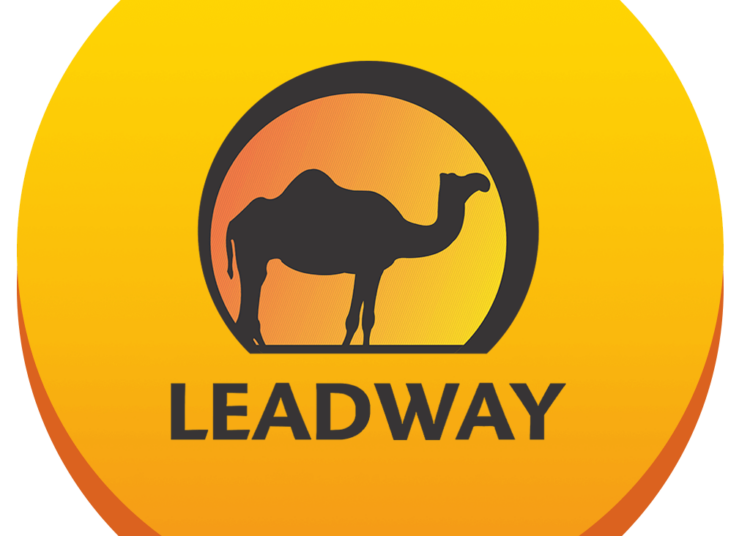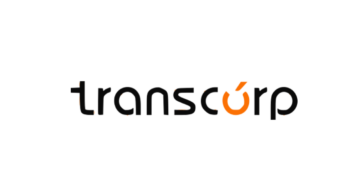Leadway Assurance Company Limited has offered critical risk mitigation guidance and support to Nigerian farmers in response to the escalating concerns surrounding the recent anthrax outbreak that has impacted livestock nationwide.
Anthrax, a bacterial infection infamous for its destructive effects on livestock populations, has emerged as a significant menace to farmers’ livelihoods throughout Nigeria, after the first recorded case of the disease in Suleja, Niger State, in July 2023.
Demonstrating its promise to safeguard the interests of Nigerian farmers and fortifying agricultural resilience, Leadway Assurance is providing guidance and advice to mitigate the repercussions of this outbreak, with a paramount focus on ensuring the well-being of farmers, the safety of their livestock, and the nation’s food security.
The head of Agric at Leadway Assurance, Mr. Ayoola Fatona, emphasised the necessity of proactive measures and risk mitigation strategies in safeguarding livestock against anthrax, while sharing pivotal recommendations aimed at minimising the transmission risk and alleviating the adverse impact of the outbreak on the agricultural sector.
“In an agricultural sector already laden with multifaceted financial and environmental risk, the introduction of the anthrax infection into the bag of challenges has compounded the farmers’ woes. However, we understand that the implementation of vigilant risk mitigation strategies can significantly reduce the extent of losses facing these farmers. Foremost, the rigorous adherence to health management regimens, including tailored vaccination schedules to bolster animals’ resistance against anthrax, cannot be overstressed.
“Furthermore, recognising anthrax as a zoonotic infection underscores the importance of maintaining strict hygiene protocols and adopting proper procedures for the disposal of contaminated animal carcasses. Implementing safe disposal practices, such as proper burial in a 2m deep pit with five (5) per cent sodium hydroxide or incineration, is imperative to prevent the dissemination of bacteria to other animals or the environment.
“In addition, the imperative of preventing cross-contamination demands the conscientious utilization of separate equipment for handling healthy and afflicted animals,” Fatona pointed out.
“To further support farmers during this challenging period, we at Leadway Assurance are offering specialized insurance coverage tailored explicitly to these agricultural risks. We strongly encourage farmers to explore the array of insurance options available, designed to mitigate livestock losses due to anthrax and unforeseen circumstances.
“Our aim is to offer insightful guidance and pragmatic solutions that empower farmers to shield their livestock, investments, and future,” he concluded.
Security, and Environment (HSSE) protocols by closely monitoring all contractors on-site and engaging cross-contractor collaboration at both the management and operational levels.
Emphasising the importance of proactive HSSE culture, Frank Emeruwa, head of Supply Chain Management at Ashara Energy said: “Our commitment to HSSE is deeply ingrained in our daily operations. We understand that a proactive approach to safety and risk management is vital in creating a sustainable and secure work environment.”
Asharami Energy’s HSSE team added that the 3 million man-hours free LTI milestone underscores the team’s commitment to maintaining globally recognised safety standards, with utmost consideration for the well-being of all stakeholders and the environment.
Asharami Energy strives to continuously implement industry-leading policies and standards to mitigate serious injuries or fatalities associated with the energy industry. The company also optimises its production operations in a safe and sustainable manner, while developing strategies for carbon footprint reduction.





